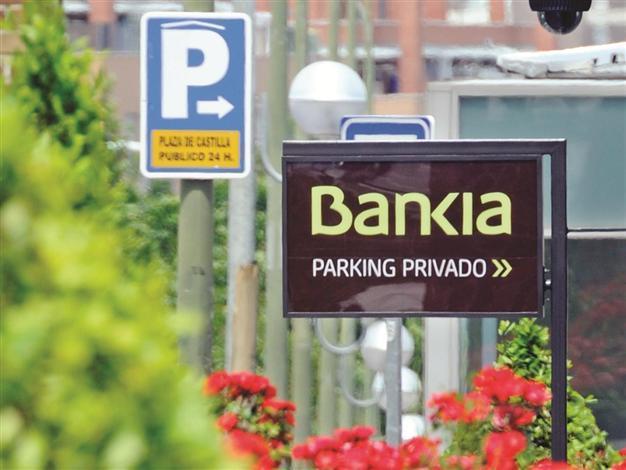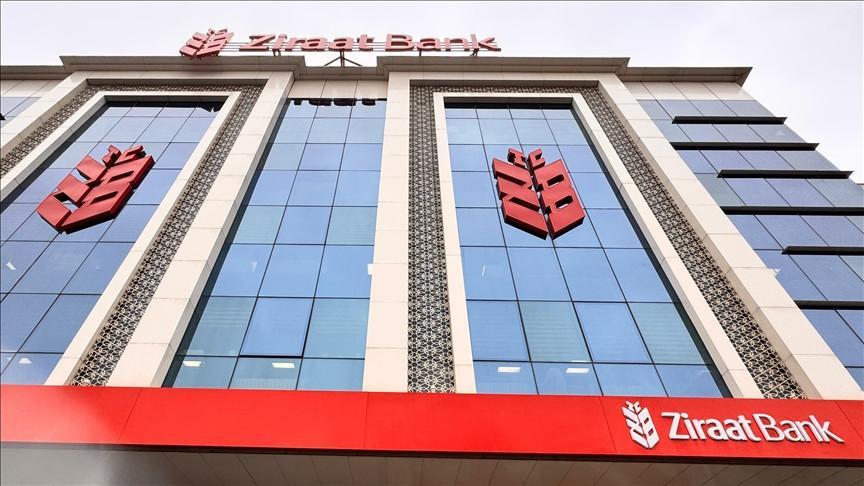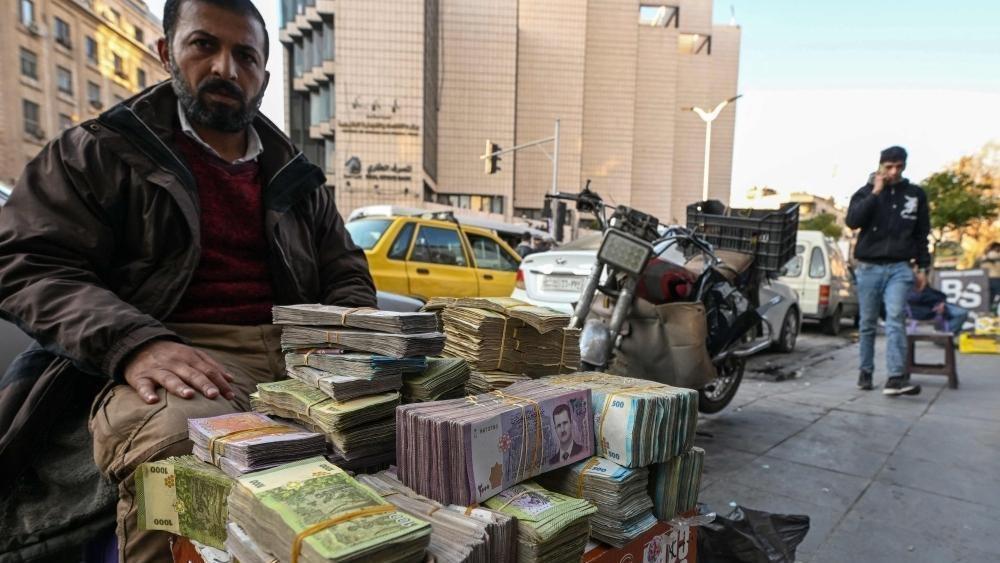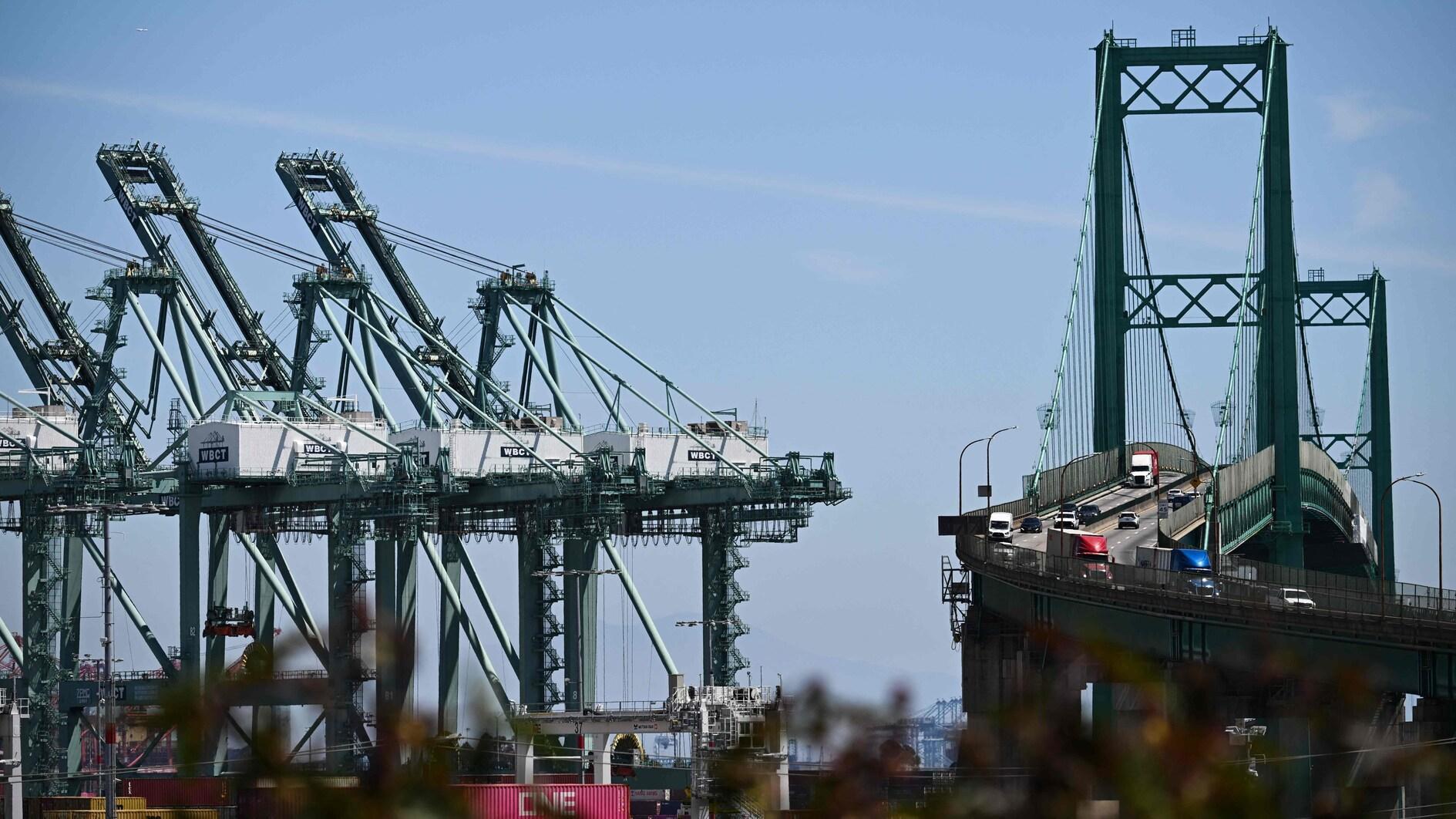European shares fall in shadow of Greece, Spain
MADRID/ATHENS - Reuters

This May 29 photo shows the Madrid headquarters of the Spanish bank Bankia. Bankia’s board on May 25 asked the state to inject 19 billion euros to help it abide by more stringent capital rules, in addition to the 4.5 billion euros invested by the state. AFP photo
Spain’s borrowing costs lurched higher and the Madrid stock market hit a nine-year low on yesterday as investors rattled by deepening fears about its banking system fled to the relative haven of German bonds.Spain’s banking woes -the result of a burst property bubble aggravated by recession- have combined with growing uncertainty about Greece’s survival in the eurozone to reignite Europe’s sovereign debt crisis, driving the euro to a two-year low of $1.2454. European shares also extended their fall after Italy paid heavily to sell bonds.
Madrid said it will probably tap credit markets to inject funds into nationalized lender Bankia, but that looks expensive with 10-year borrowing costs at 6.67 percent near their euro era peak and close to levels at which Ireland and Greece sought international bail-outs.
The Economy Ministry played down a Financial Times report that the European Central Bank had rejected an initial plan to rescue Bankia, Spain’s fourth biggest bank, by stuffing it with government bonds that could be used as collateral to borrow from the ECB.
“Spain did not formulate any proposal to the ECB on funding the Bankia plan, so it was difficult for it to have an opinion,” a ministry spokeswoman told Reuters. “The Economy Ministry maintains as a first option to go to the markets to recapitalize the entity.”
US economy also at risk
The Frankfurter Allgemeine Zeitung, an influential voice in the conservative German financial establishment, said that by considering such “tricks,” Spain was provoking the market distrust it sought to avoid at all costs.
Investors unnerved by Spain’s deepening financial crunch, pushed Italy’s funding costs sharply higher at a bond sale, with 10-year yields topping 6 percent for the first time this year.
In a sign of heightened anxiety in Washington, top U.S. Treasury official Lael Brainard was dispatched to hold talks in Greece, Germany, Spain and France “to discuss their plans for achieving economic stability and growth in Europe,” the Treasury Department said.
A sudden economic deterioration in Europe would pose a serious threat to the U.S. economy and hence to President Barack Obama’s re-election prospects in November.
Spanish Prime Minister Mariano Rajoy has insisted the government has no intention of seeking an EU/IMF bailout either for its banks or for the state.
But the abrupt resignation of Bank of Spain Governor Miguel Angel Fernandez Ordonez on May 28, a month before his term was due to end, added to market concerns about the handling of the Bankia crisis and relations with European institutions.
Highlighting Spain’s difficulty in meeting fiscal targets while gripped by a worse-than-forecast recession, the outgoing central bank chief said tax revenue may fall short of government estimates and spending may be higher than expected. He recommended bringing forward a rise in value-added tax set for 2013 if the deficit objective goes off track this year.
The executive European Commission was due to give its verdict on Madrid’s deficit-cutting efforts in a batch of reports yesterday that may lay the basis for giving Spain and Italy more time to meet their fiscal targets.
Three weeks before a crucial second general election in Greece that may determine whether the country stays in the 17-nation currency area, Greeks were warned by their biggest bank that they face economic catastrophe if they leave the euro.
Living standards would plummet, incomes would be slashed by more than half, and inflation and unemployment would skyrocket, the National Bank of Greece (NBG) said.
The latest opinion poll showed the pro-bailout conservative New Democracy party has a slender lead over the anti-bailout leftist Syriza movement ahead of the June 17 vote, but the outcome remains uncertain.
“An exit from the euro would lead to a significant decline in the living standards of Greek citizens,” the NBG wrote. Per capita income would collapse by at least 55 percent, the new national currency would depreciate by 65 percent against the euro and a recession would deepen by 22 percent, pushing unemployment and inflation through the roof,” the bank said.
















